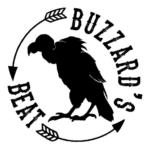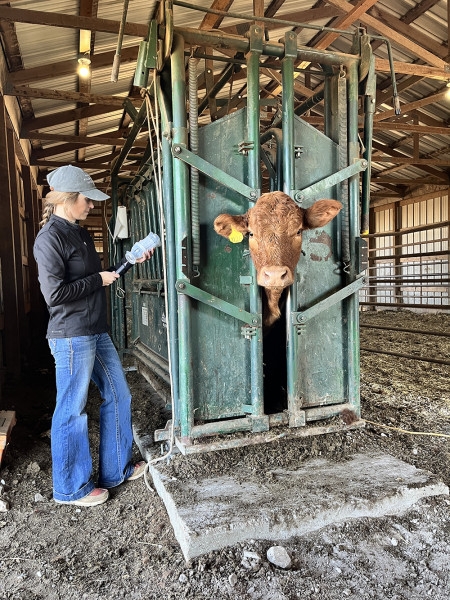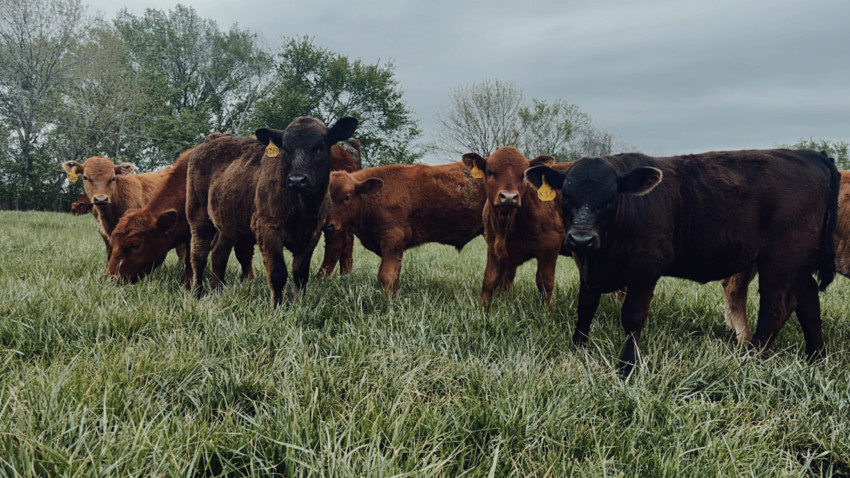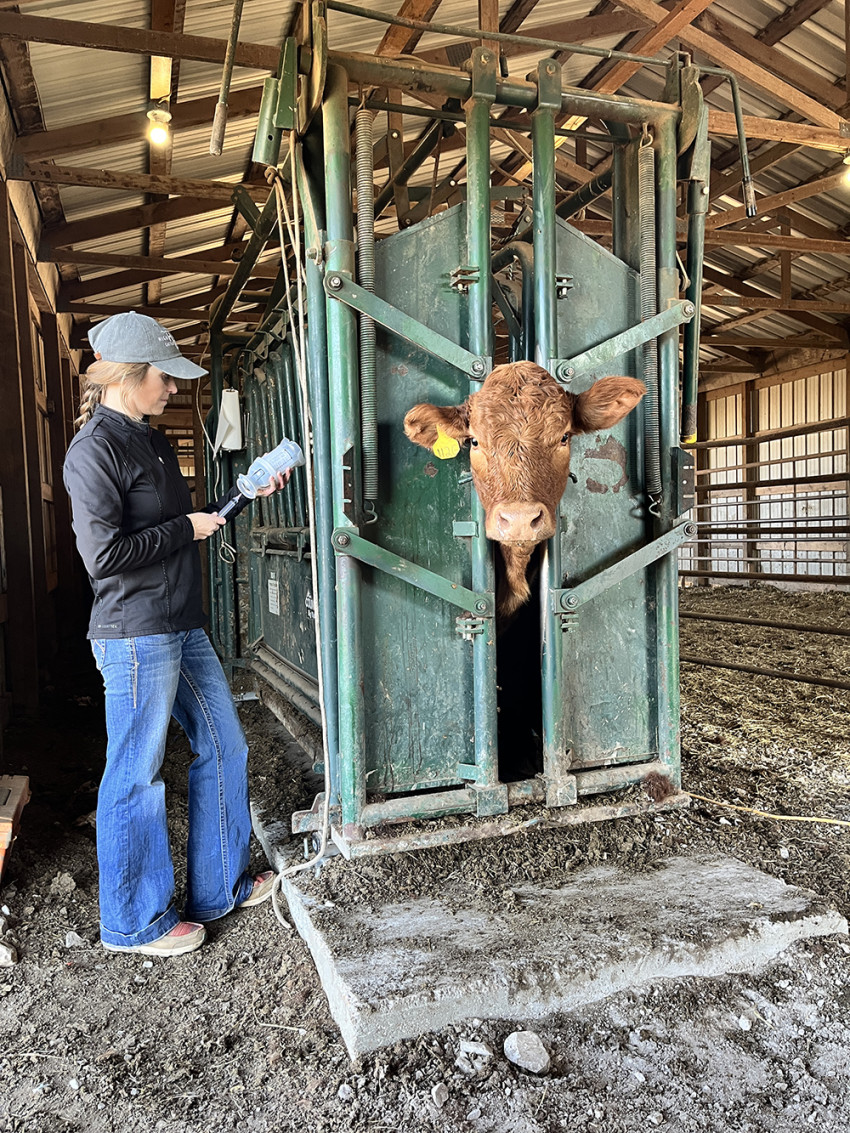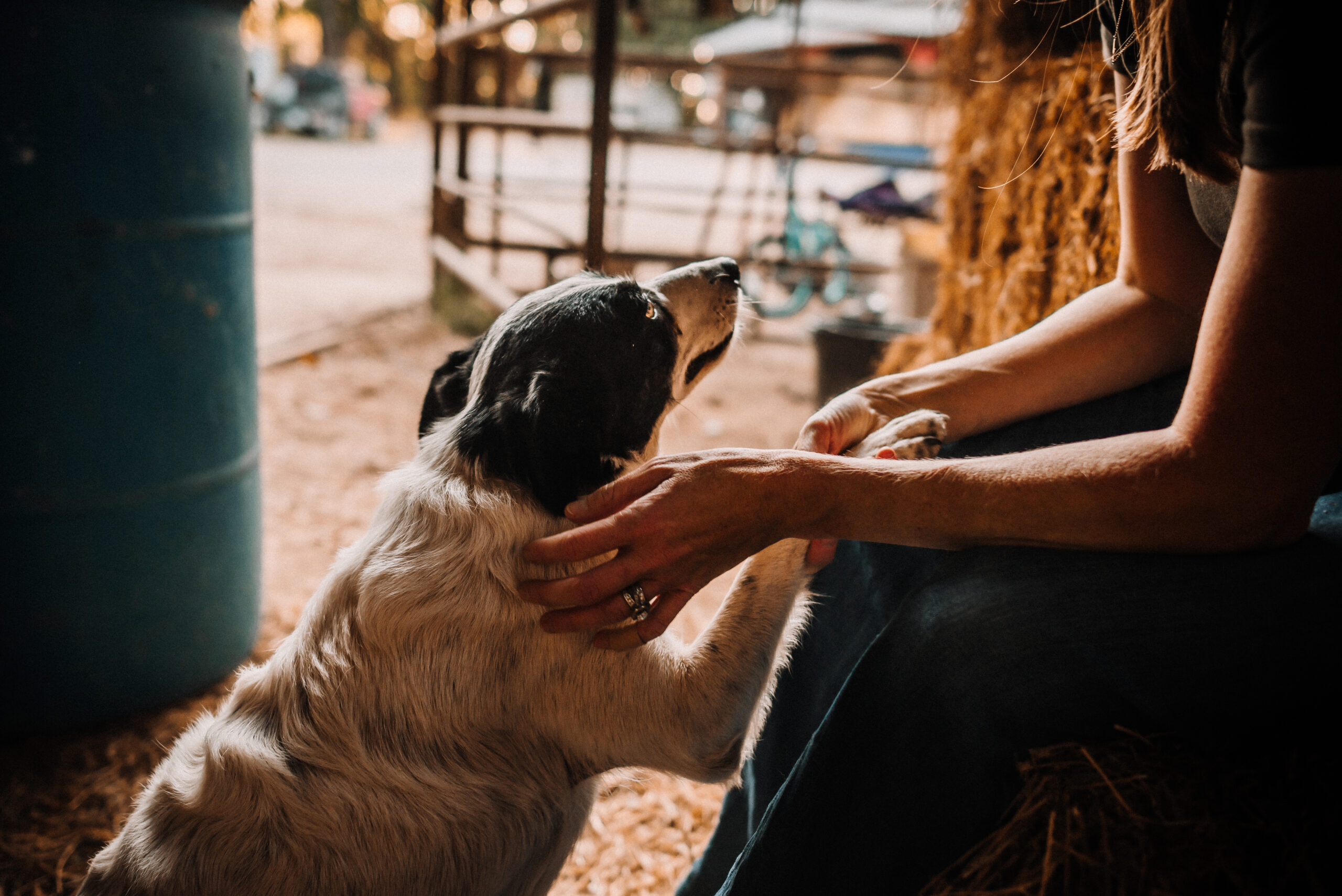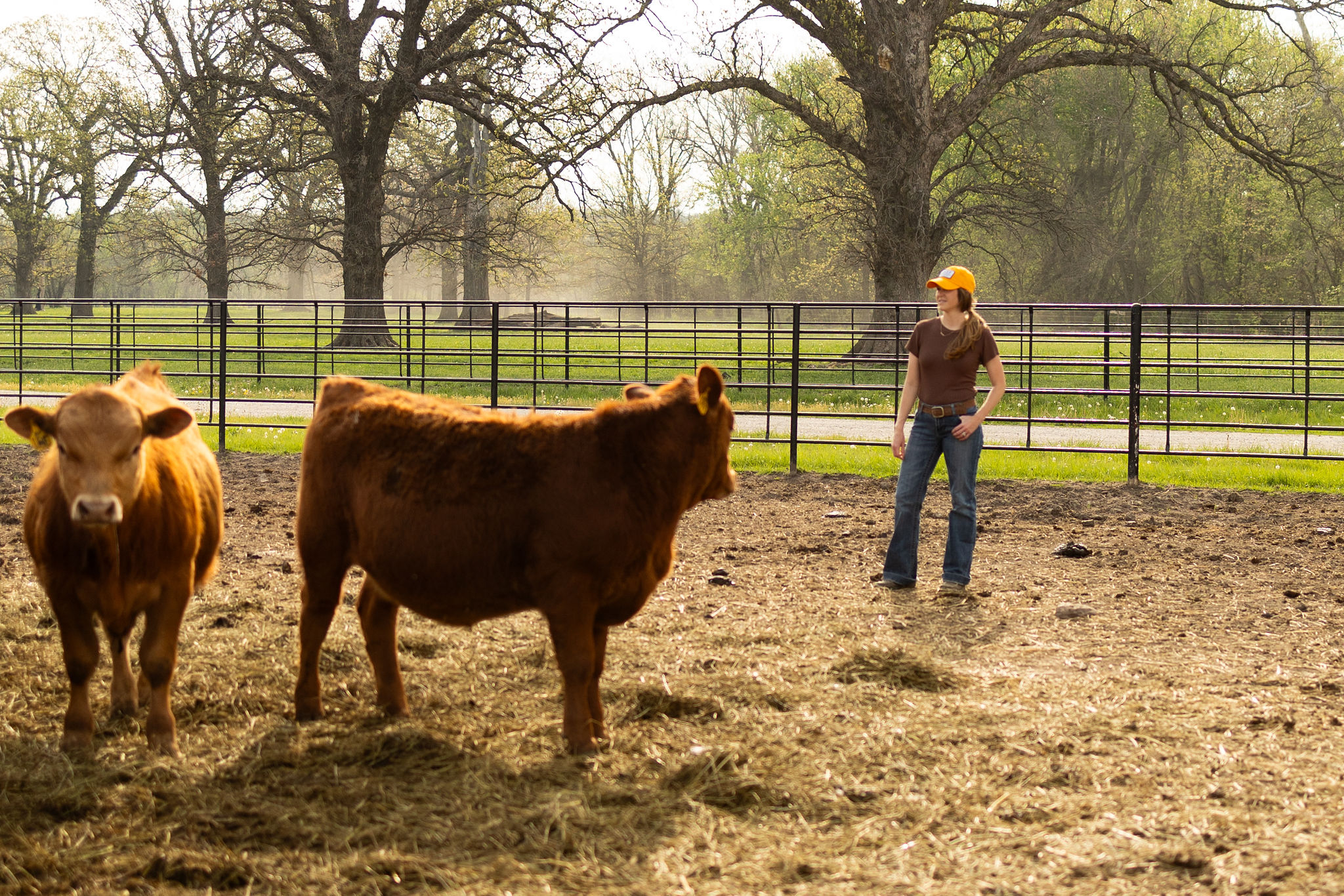Don’t Shoot the messenger(RNA)!
The amount of time we spend consulting, planning and administering basic preventative health care to our cows, calves and stocker cattle is honestly “incowculable” (see what I did there?).
But in all seriousness, health care is an extremely important component of our ranching operation. We consult with our veterinarian prior to administering treatment for disease or injury, but also as we plan preventative care such as deworming protocols and vaccinations.
Lately, we’ve been hearing quite a buzz around vaccinations in livestock, particularly mRNA vaccines. And while concerns are understood, the livestock industry has mounds of evidence that solidify the safety of the vaccinations given to our livestock. To break it down, here are three reasons to rest easy about cattle and mRNA vaccinations:
1. Current mRNA vaccines used in livestock have been extensively tested
mRNA vaccines are effective, flexible and work quickly, as proven by research trials and data from those trials has not shown any unusual effects or harm to animals.
2. Meat from animals vaccinated with mRNA vaccines is safe to eat
Just as with humans, an mRNA vaccine is injected into the muscle. After its quick delivery of disease prevention, the vaccine leaves the body. There are strict rules from the U.S. Food and Drug Administration in place called “withdrawal times” that ensure an animal doesn’t enter the food chain until a vaccine or treatment is fully metabolized out of the body.
3. An animal’s genetic code is not altered with mRNA vaccines
The “m” in mRNA stands for “messenger,” meaning the mRNA vaccine simply carries protein information into the cell’s nucleus – basically a paper boy. An mRNA vaccine doesn’t alter the animal’s genetic makeup in any way, it’s simply a delivery method of disease protection.
AND PROBABLY THE MOST IMPORTANT FACTOR IS THIS:
4. mRNA vaccines are not used in beef cattle
While they are used in other livestock, there are currently no FDA-approved mRNA vaccines for use in beef cattle. However, even if mRNA vaccines were used, there would not be cause for alarm based on the aforementioned facts.
Vaccines and other healthcare measures are vital to farmers and ranchers so we can continue to raise healthy animals that in turn yield safe and nutritious food. To have a robust and affordable food supply we need to continually develop new tools to help us battle diseases that may threaten food and animal safety, such as African swine fever, avian influenza or porcine reproductive and respiratory system. mRNA vaccines are a safe and effective way to achieve those goals while not altering the final food product.
Again, I can’t emphasize enough that as a consumer myself, I understand concerns about our food. We all want safe and healthy food for our families. As a rancher, I assure you we would not give any treatments to our cattle, or other livestock, that would jeopardize their health or jeopardize the safety of the meat we put on your plates and ours.
The health efforts implemented on our ranch are well worth the time and investment because they not only contribute to improved animal care and wellbeing, but healthy cattle produce safe, nutritious beef, and that’s the No. 1 goal on our ranch.
Until next time,
~ Buzzard ~
This post originally appeared on the Kansas Farm Living website.
